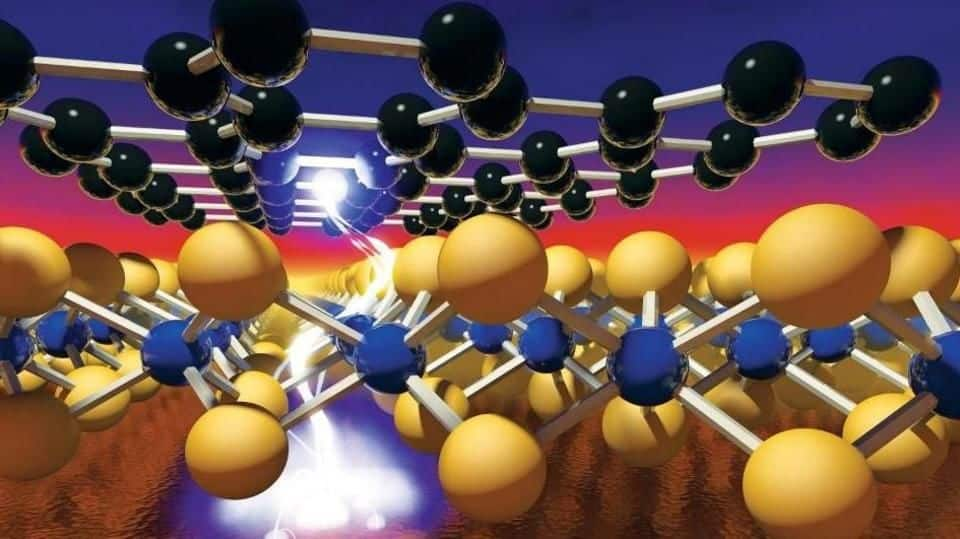
US engineers create thinnest memory storage device
What's the story
Engineers from the US have developed the thinnest memory storage device that will help them with much faster and smarter computing. The device comprises of dense memory capacity which can lead to the creation of smaller yet faster computer chips. These can be used for consumer electronics and even brain-inspired computing. Here's more on it.
Details
The device is only 1.5 nanometers thick
The memory storage device, called "atomristors," has been made from 2D nanomaterials that enable "the 3-D integration of nanoscale memory with nanoscale transistors on the same chip for advanced computing systems," one of the engineers said. It uses atomic sheets as electrodes and semi-conducting atomic sheets as the active layer, enabling the entire memory cell to be only 1.5 nanometers thick.
Quote
"With this, we can make computers that mimic our brain"
"The sheer density of memory storage that can be made possible by layering these synthetic atomic sheets onto each other, coupled with integrated transistor design, means we can potentially make computers that learn and remember the same way our brains do," a project engineer said.
Application
Atomristors can be used to extend battery life of smartphones
In another application, atomristors can also be used in smartphones to connect incoming signals to the device's wireless communication bands. Current radio frequency switches used to carry out this function affect a smartphone's battery life. With atomristors, there will be no DC battery consumption, leading to a longer battery life.